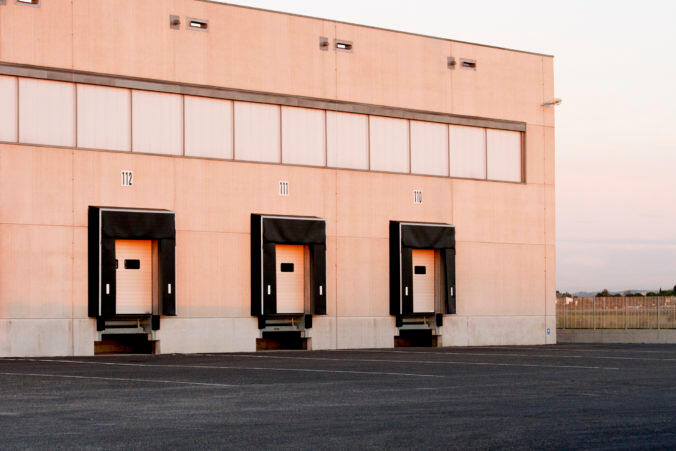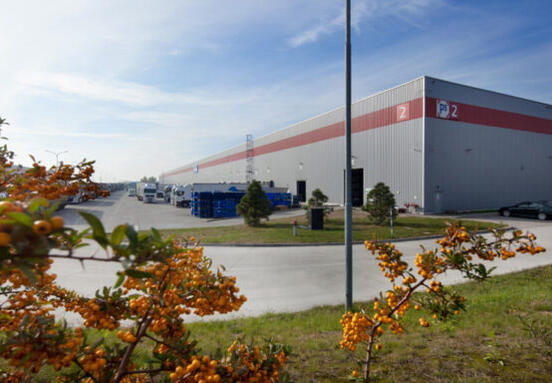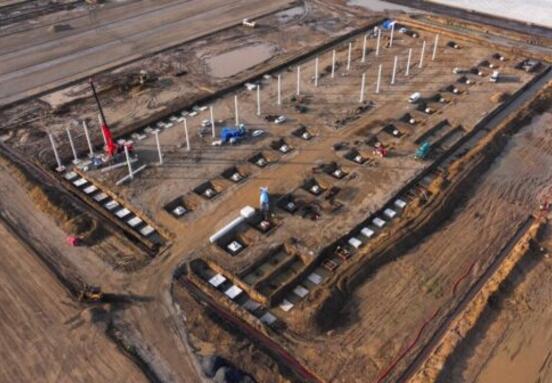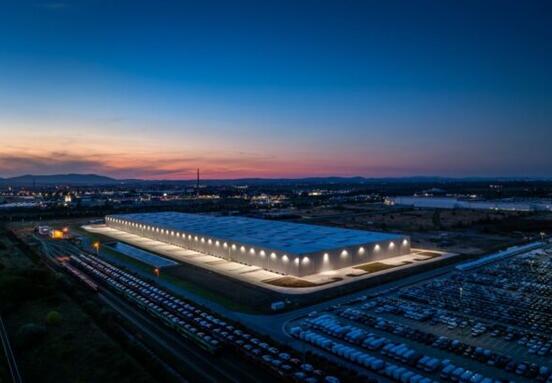Slovakia can compete with the countries of the region of Central and Eastern Europe with its advantageous location and offer in the field of suitable real estate for industry and logistics. In order for the country to succeed in the international arena and attract new investment, experts say it will be necessary to solve the lengthy process of obtaining a zoning decision and reduce the levy, which is among the highest in the region.
Prolonged territorial proceedings
The process of obtaining a territorial decision and environmental impact assessment (EIA) is the slowest in our country among all our neighboring neighbors (with the exception of Ukraine). According to the World Bank, in 2020 Slovakia ranked 146th in the evaluation of permitting processes. It takes an average of 300 days to obtain a building permit with us. Our neighbors - especially Poland - are well ahead of us in the construction process, and thanks to that they are able to attract more investment. In this respect, a reform of the Building Act could be prepared as a step forward, which should make the issuance of building permits more efficient.
Developers and builders hope that the new building law will address this length of construction proceedings. We can also illustrate this with the example of land prices without a zoning decision and with it. In the case of land planned for logistical and industrial use without a zoning decision, the price is up to 30 euros/m2, land with a zoning decision will shoot a price above 40 euros/m2 and in the Bratislava area even much higher.
Land with a zoning decision is a valuable commodity
Participants whose ownership or other rights may be directly affected by the decision enter into the construction procedure, which ends with the issuance of a valid zoning decision. Reasoned objections and comments of the participants in the proceedings may be beneficial for the development of the municipality if the construction should disturb the environment or should lead to the prevention of construction contrary to the zoning plan.
However, activists who hide behind environmental protection (green protection, noise protection, etc.) often enter the construction process, despite the fact that the suitability of industrial development is confirmed by an urban study and a valid zoning plan, and the area is far from existing residential zones. In reality, however, their comments delay the acquisition of a zoning decision. "These are mostly unfounded objections. Nevertheless, the building authorities are still dealing intensively with these suggestions and wasting time. However, it costs a lot of energy on all sides at the end of the day," says Tomáš Horváth, director of the industrial and logistics real estate rental division of the international consulting and management company Colliers.
From the experience of real estate consultants, communication from the developer is usually transparent and they try to meet the needs of municipalities. By implementing the investment plan, the municipality will primarily receive higher revenues from real estate taxes, which will supplement the missing funds for its modernization and further development. In addition, it is common practice for a developer to build, for example, noise barriers at his own expense, complete the missing infrastructure, plant greenery, etc. In cases where the developer does not violate any law, such activities prevent the inflow of investments, the creation of new jobs and the meaningful development of the cities and municipalities.
In Slovakia, you can still find enough projects where obtaining a valid zoning decision is targeted by the so-called activists. "It is common for local entrepreneurs, whose personal interests lie on another ancillary land they own, to enter the construction process with their comments on the pretext of the general good for fellow citizens, and therefore they are blocking construction and pressuring the investor to change his intention. Of course, we would find many more examples of various other interests in our communities. These lobbyists often have various contacts with ministers and politicians and use them," continues Tomáš Horváth.
Moving forward is insufficient
Often unjustified prolongation of the process will avert the investor's interest in the site. In extreme cases, the developer also leaves, despite the fact that it provides for the site to build an industrial and logistics park zoning plan. "We appreciate the steps taken by the government, which has begun to address practices that we consider to be a legacy of the past. Today, municipalities seem to pay too much attention to these activities. The starting point would be the treatment of unfounded objections in the forthcoming new construction law," adds Richard Urvay, director of Colliers in Slovakia.
Source:// Logistika a skladovanie






